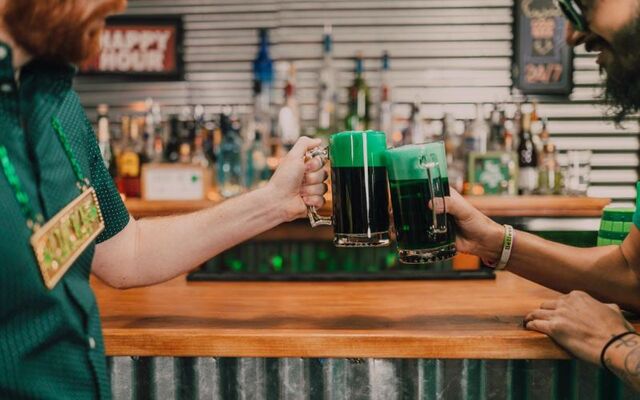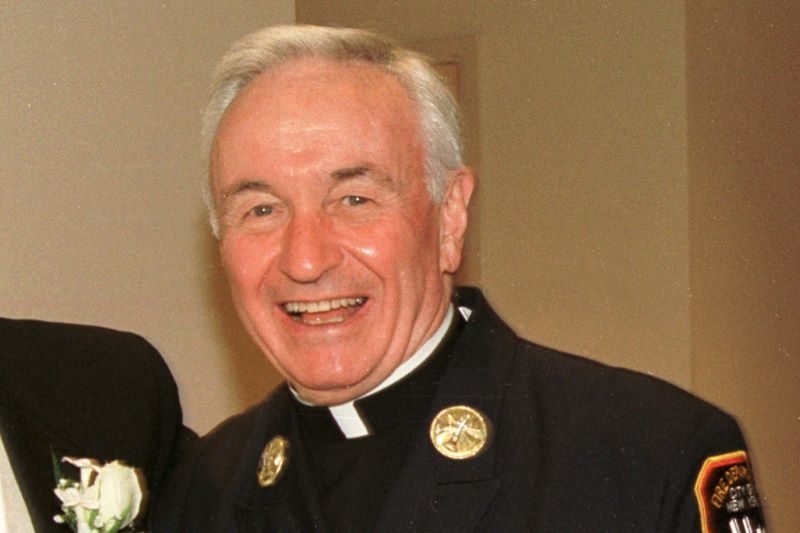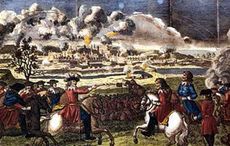They have been a way of connecting communities, passing on traditions, and testing skills in both casual and serious play. Over centuries, Ireland’s card culture has shifted with the times, blending old pub classics with digital versions.
Pub Culture and Traditional Irish Card Games
In rural Ireland, the pub has never been just a place to drink. It served as a gathering point where locals could talk, sing, and play games together. Card games like Twenty-five, Forty-fives, and Don were staples of this environment. Twenty-five in particular became one of the most popular traditional Irish card games, often described as Ireland’s national card game. Its roots stretch back through Spoil Five to the even older game Maw, played centuries ago.
These games were not just about winning a hand. They were part of cultural expression, teaching strategy, patience, and humor through playful rivalry. The simple decks used in Irish pubs created settings where everyone from farmers to dock workers could unwind. Pubs also hosted friendly competitions and local card nights that gave bragging rights to regulars.
From Pub Tables to Online Card Rooms
Card play in Ireland gradually expanded from pubs to private homes, halls, and eventually to more modern gaming establishments. Blackjack, poker, and other international favourites began to appear alongside native games. Irish players were quick to adapt, showing that the same instincts and skills honed in local pubs translated well to more global card traditions.
That has continued into the digital age. Today, players can find the same spirit of social interaction through online blackjack live dealer tables. What once required a wooden table in a crowded pub now happens on screens, where human dealers run games in real time, and live interaction brings the atmosphere of a card room directly to people’s homes. This link between past and present shows how Irish card traditions have not disappeared but instead reshaped themselves to fit modern technology.
Many people love playing live dealer blackjack because it offers all the social elements, but increases the availability and accessibility of the game, making it possible to join games even with a busy schedule. Live dealer games often feel more engaging and exciting than traditional virtual games, providing a pleasing blend of both worlds that anyone can enjoy.
Linking Card Heritage to Other Games
Of course, Ireland has a history with many other kinds of games, not just card games. The development of the slot machine, for example, provides a parallel story of tradition moving into modernity, and plenty of pubs would also have offered these.
As explored in this detailed history of slot machines, the machines transformed from early drum-based designs that paid prizes in goods to sleek digital versions, with crypto transactions now adding even more innovation. Just as card play travelled from pubs to digital live dealer tables, slot machines followed a path from mechanical wheels to blockchain-based gameplay. Both histories show how gaming traditions adapt while keeping their core essence intact.
Why Card Games Stayed Central to Irish Culture
While Ireland has seen many cultural shifts and changes to favorite activities, card games have held a special place because they combine simplicity with depth. A deck of cards is inexpensive, easy to carry, and versatile. The rules could be adapted, the stakes could be low or high, and the games could be played by anyone. This flexibility meant cards became a universal language across Ireland.
The communal nature of pubs only strengthened this. Playing cards was not a solitary pastime but a shared experience. A single hand could turn into hours of storytelling, laughter, and competition. Even today, you will still find locals in rural areas sitting with a pint and a deck of cards, carrying on traditions that have lasted centuries.
Online Casinos as a Modern Reflection
The introduction of live dealer technology represents the most direct continuation of that heritage. Unlike automated digital games, live dealer blackjack recreates the feeling of sitting across from someone, shuffling cards, and exchanging glances over the table. This human element connects the game back to its roots.
For many, the appeal is less about the mechanics of the game and more about the shared environment. Watching the dealer deal, hearing the sounds of the table, and engaging in light conversation creates that same communal rhythm. It proves that even as technology advances, the human side of card play remains essential.
A Shared History of Cards and Culture
Card games in Ireland have always been about more than chance. They represent adaptability, social connection, and respect for tradition. From Twenty-five and Forty-fives in rural pubs to poker and blackjack in modern halls, and now to online blackjack live dealer rooms, the thread remains unbroken. Each step shows how people carry their love for play into new environments without losing what made it meaningful in the first place.




Comments